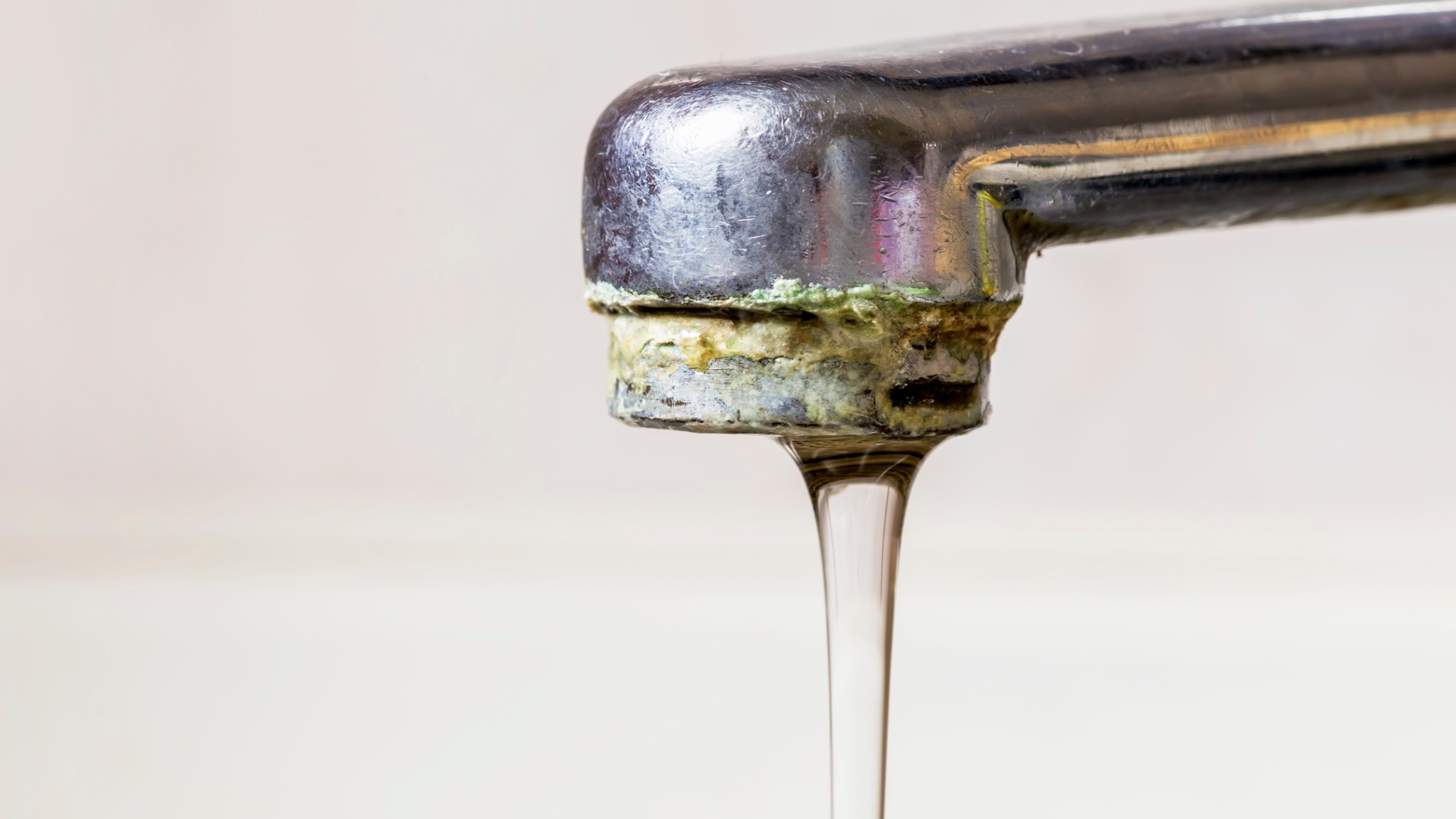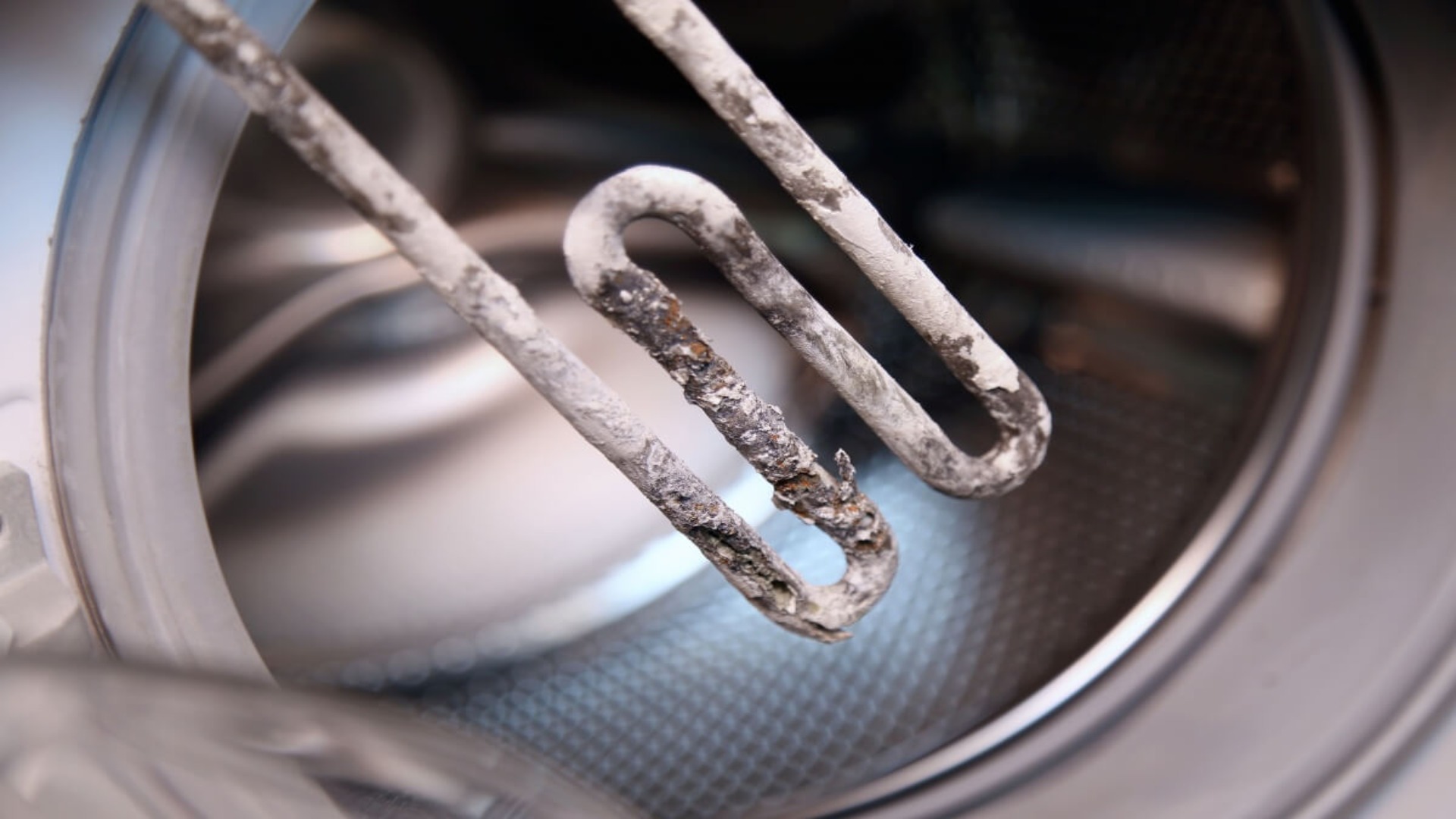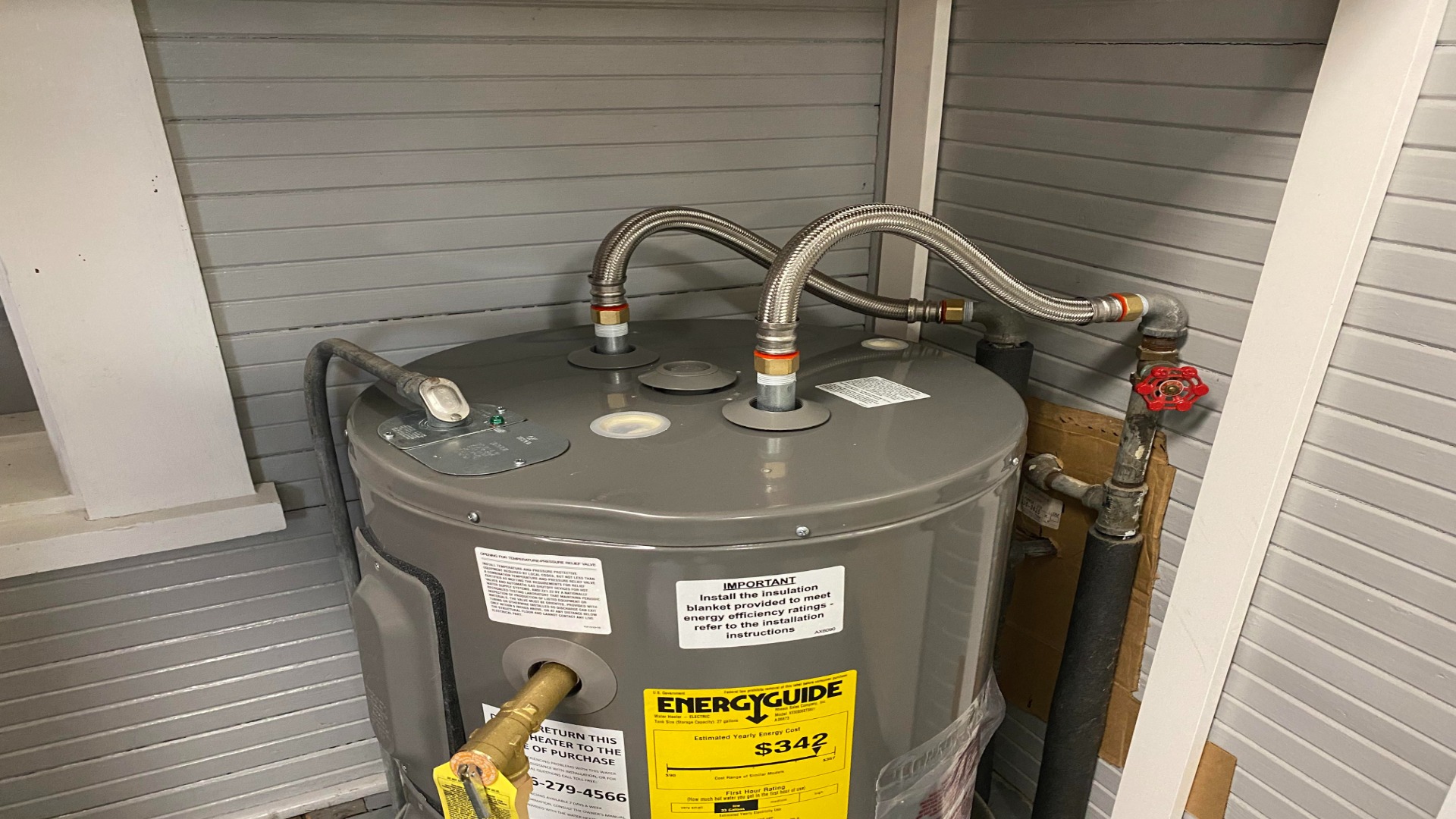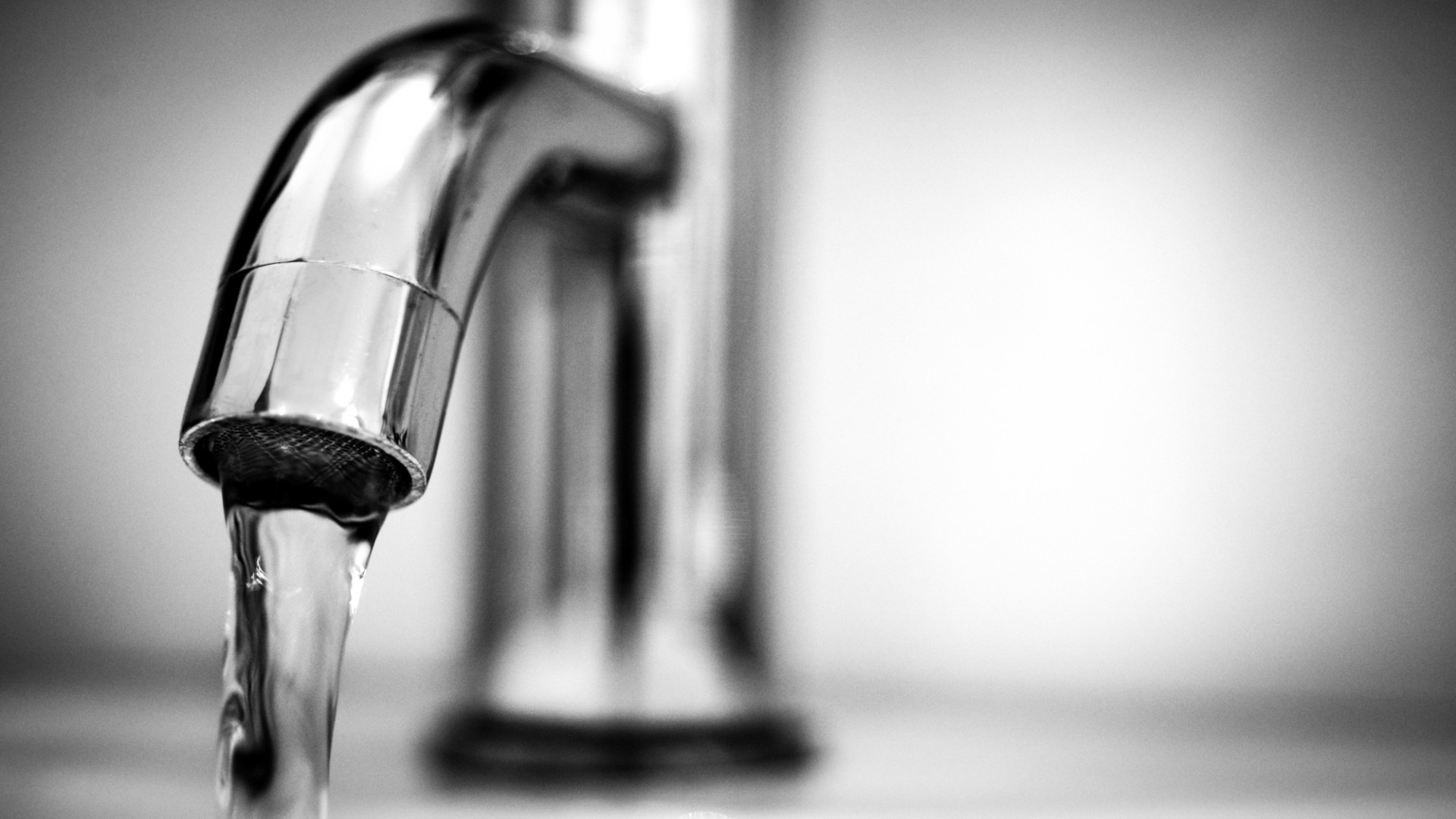7:00AM to 5:00PM

Hard water, a common issue in many households, can significantly impact the efficiency of hot water systems. While we rely on hot water for various daily tasks, such as bathing, cleaning, and cooking, minerals in hard water can lead to different problems within our plumbing systems.
In this blog, we will explore the effects of hard water on hot water system efficiency, delve into the potential issues it can cause, and provide insights into maintenance and solutions to mitigate its impact. By understanding the challenges of hard water and implementing effective measures, homeowners and property managers can ensure their hot water systems operate optimally, saving energy and money.
So, let’s investigate how hard water can affect the efficiency of hot water systems and how to overcome these challenges.
Water is an essential resource that sustains life, but its composition can vary depending on the region’s geological characteristics. In certain areas, water contains naturally occurring minerals that can significantly impact its properties.

These minerals, such as calcium and magnesium, are often found in water sources that have come into contact with limestone or chalk deposits underground. As water passes through these mineral-rich formations, it absorbs some of the minerals, resulting in what is commonly known as hard water.
These minerals can affect various aspects of our daily lives, including the performance of our plumbing systems and household appliances. By understanding the composition and effects of hard water, individuals can take informed measures to address any challenges it presents, ensuring the efficient functioning of their hot water systems and minimising potential issues caused by mineral build-up.
The mineral-rich composition of water, commonly known as hard water, can harm the efficiency of hot water systems. One primary consequence of hard water is the formation of limescale.
Over time, limescale deposits can accumulate on heating elements, such as those found in water heaters, hindering their ability to transfer heat effectively. As a result, hot water systems become less efficient, requiring more energy and time to heat water to the desired temperature.

This increased energy consumption increases utility bills and unnecessarily strains the entire system. Furthermore, limescale build-up can restrict water flow within pipes, reducing water pressure and flow rate throughout the plumbing network.
When it comes to hard water, homeowners may encounter several common issues. These issues arise from the mineral content present in hard water, particularly calcium and magnesium. Over time, these minerals can cause problems within the plumbing system and hot water appliances. Here are some of the most common issues caused by hard water:
The primary issue associated with hard water is the build-up of limescale. As hard water is heated, the minerals in the water crystallise and form a stubborn layer of limescale on the surfaces of pipes, faucets, and water heaters. This build-up restricts water flow, reduces water pressure, and hampers the overall efficiency of the hot water system.
Limescale accumulation on the heating elements of water heaters acts as an insulating barrier, making it harder for the heat to transfer efficiently. As a result, water heaters must work harder and consume more energy to heat the water, leading to increased energy costs and decreased efficiency.

Limescale deposits can accumulate inside pipes and fittings over time, causing blockages and reducing water flow. This can lead to clogged pipes, decreased water pressure, and even pipe corrosion, resulting in potential plumbing issues and costly repairs.
Hard water and limescale can significantly impact the lifespan of hot water appliances. Limescale build-up strains the components, leading to premature wear and tear. This can result in frequent breakdowns, reduced functionality, and the need for costly repairs or appliance replacements.
Hard water can make cleaning tasks more challenging. The minerals in hard water can interfere with the effectiveness of soaps, detergents, and cleaning agents, leading to reduced lathering, soap scum residue, and difficulty achieving a thorough clean.
Regular maintenance and proactive solutions are essential to combat hard water challenges and maintain the efficiency of hot water systems. One crucial maintenance practice is regularly descaling hot water appliances, such as water heaters and kettles, to remove accumulated limescale.
This can be achieved using commercial descaling agents or natural remedies like vinegar. Regular descaling ensures optimal heat transfer, improves energy efficiency, and extends the lifespan of the appliances. Flushing the hot water system is another practical maintenance step, as it helps remove limescale and mineral deposits that may have built up inside pipes and fixtures.

By draining the system and allowing clean water to flow through, accumulated debris is flushed out, preventing clogs and maintaining proper water flow. Installing a water softener is a long-term solution for combating hard water. Water softeners remove the minerals responsible for hardness through an ion exchange process, preventing limescale formation and improving water quality throughout the house.
Alternatively, water conditioners or electronic descalers can alter the behaviour of minerals in the water, mitigating limescale build-up. Regular inspections by professionals are also recommended to identify early signs of limescale or other issues caused by hard water, allowing for timely maintenance measures to be implemented.
Water softening, the process of removing minerals responsible for water hardness, offers numerous benefits for homeowners and their hot water systems. Firstly, water softening reduces limescale build-up in hot water systems by removing minerals like calcium and magnesium, which contribute to deposits. This helps maintain the efficiency of pipes, faucets, and water heaters, ensuring improved water flow and a reduced risk of clogging.
Secondly, water softening extends the lifespan of hot water appliances by protecting them from the damaging effects of limescale. With reduced mineral build-up, appliances such as water heaters, dishwashers, and washing machines experience less strain, resulting in prolonged lifespans and reduced maintenance or replacement costs.

Another significant advantage of water softening is improved energy efficiency. Limescale is an insulating layer on heating elements, requiring more energy and time to heat water. Using a water softener makes heating more efficient, reducing energy consumption and lowering utility bills.
Lastly, water softening enhances water quality by removing impurities that affect taste, odour, and clarity. This results in cleaner, fresher-tasting water for drinking, cooking, and bathing. Overall, the benefits of water softening include improved system efficiency, extended appliance lifespan, energy savings, and enhanced water quality.
The impact of hard water on hot water system efficiency is significant and can lead to various issues, such as limescale build-up, reduced appliance lifespan, and increased energy consumption. Taking proactive measures, such as regular descaling, flushing the system, and considering water softening solutions, can help mitigate these effects and ensure optimal hot water system performance.
If you’re experiencing issues related to hard water or require professional assistance, don’t hesitate to contact Gold Coast Plumbing Company. Our team of experts is well-equipped to address your plumbing needs and provide tailored solutions to improve the efficiency and longevity of your hot water system. Contact us today to schedule a consultation and experience the benefits of our reliable services.